What Is Biotechnology? How Is It Used to Develop Eco-Friendly Solutions?
13 Mayıs 2025What Is Biotechnology? How Is It Used to Develop Eco-Friendly Solutions?
In today’s world, environmental problems pose a greater threat than ever. Issues like climate change, resource depletion, air and water pollution are driving scientists to seek nature-inspired solutions. At this point, biotechnology stands out as a key technology for developing eco-friendly solutions and building a sustainable future.
So, what is biotechnology, in which fields is it used, and how does it make a difference specifically in environmental technologies? In this article, we’ll explore all these questions in detail.
What Is Biotechnology?
Biotechnology is the use of living organisms or their biological systems to produce products or services. With roots going back to the agricultural revolution, biotechnology today covers high-tech disciplines like genetic engineering and synthetic biology.
Key application areas of modern biotechnology include:
- Health and pharmaceuticals (biopharmaceuticals)
- Agriculture (genetically modified organisms – GMOs)
- Industry (enzyme technologies, bioplastics)
- Environmental technologies (biological treatment, waste management, biogas production)
Core Principles of Biotechnology
Biotechnology is based on the following scientific principles:
- Genetic engineering: Modifying the DNA of organisms to gain desired traits.
- Microbial processes: Using bacteria, fungi, and algae in production systems.
- Enzyme technology: Using biocatalysts (enzymes) to accelerate industrial processes.
- Bioprocess engineering: Scaling up lab discoveries for industrial application.
How Biotechnology Enables Eco-Friendly Solutions
1. Biological Waste Management and Energy Production
Recycling organic waste is a key component of environmental sustainability. With biotechnology, this waste can be turned into energy.
Biogas Production
Organic waste from households, agriculture, and industry can be broken down in anaerobic environments to produce biogas. This renewable gas helps meet energy needs while reducing carbon emissions. Companies like Biotrend Enerji are integrating these renewable energy technologies into sustainable systems.
Composting
Microorganisms decompose organic waste into compost, which can replace chemical fertilizers. This promotes waste management and preserves soil health.
2. Biological Water and Air Treatment
Biotechnology offers environmentally friendly alternatives to chemical methods in wastewater and air treatment.
Activated Sludge System
In this system, pollutants in wastewater are consumed by microorganisms, making water safe for release back into nature.
Biofilters
Used in industrial settings, biofilters break down pollutants in exhaust air using microbial activity—especially effective in odor control.
3. Biodegradable Materials
Petroleum-based plastics can take hundreds of years to decompose, threatening ecosystems. Thanks to biotechnology, bioplastics and biodegradable materials provide short-lived, eco-friendly alternatives.
PLA and PHA Bioplastics
Made from corn starch or sugarcane, these materials reduce carbon footprints and are widely used in the packaging industry.
4. Carbon Capture and Climate Change Mitigation
Biotechnology also plays a role in reducing carbon emissions.
Carbon Capture with Microalgae
Microalgae absorb CO₂ through photosynthesis. When cultivated in bioreactors, they both reduce emissions and produce valuable products like biofuels, food ingredients, or cosmetics.
Biotechnology and the Circular Economy
The circular economy is a system where resources are used efficiently and waste is minimized. Biotechnology supports this by:
- Turning waste into raw materials
- Reducing the use of natural resources
- Minimizing carbon emissions and pollution
This approach aligns with sustainable goals in energy production and waste management, which are also key focus areas of Biotrend Enerji.
The Future of Biotechnology in Türkiye
In recent years, Türkiye has made significant progress in biotechnology. R&D projects at universities and public institutions are accelerating the development of environmental biotech solutions.
Pioneers like Biotrend Enerji are integrating biotechnological systems into energy production to help Türkiye meet its environmental targets and compete globally.
Biotechnology is not just a scientific field—it’s a vital tool for living in harmony with nature. From turning waste into energy, preserving water resources, and producing eco-friendly products, it opens the door to a livable future.
At Biotrend Enerji, we are committed to supporting sustainable technologies and creating a better future through biotechnological innovation.
Follow our blog for the latest insights on renewable energy, waste management, environmental technologies, and biotechnology.





